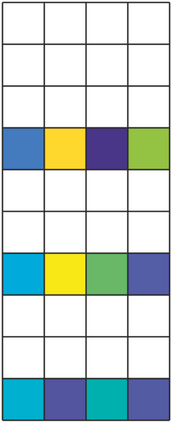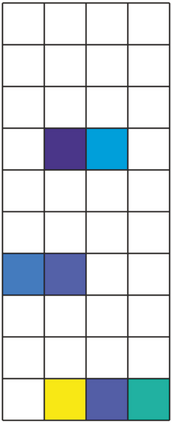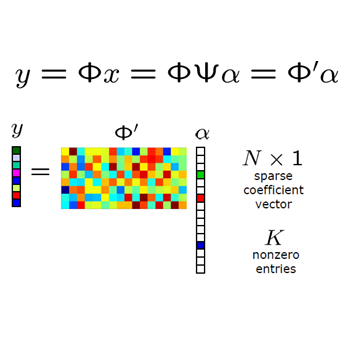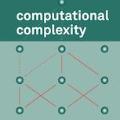The central challenge in massive machine-type communications (mMTC) is to connect a large number of uncoordinated devices through a limited spectrum. The typical mMTC communication pattern is sporadic, with short packets. This could be exploited in grant-free random access in which the activity detection, channel estimation, and data recovery are formulated as a sparse recovery problem and solved via compressed sensing algorithms. This approach results in new challenges in terms of high computational complexity and latency. We present how data-driven methods can be applied in grant-free random access and demonstrate the performance gains. Variations of neural networks for the problem are discussed, as well as future challenges and potential directions.
翻译:大规模机型通信(MMTC)的核心挑战是通过有限的频谱将大量不协调的装置连接起来,典型的MMTC通信模式是零星的,使用短包,可以在无赠款随机访问中加以利用,其中活动探测、频道估计和数据恢复是一个稀少的恢复问题,通过压缩遥感算法加以解决。这一方法在计算复杂性和耐久性方面带来了新的挑战。我们介绍了如何将数据驱动的方法应用于无赠款随机访问,并展示了绩效收益。讨论了神经网络在该问题上的差异,以及未来的挑战和潜在方向。











